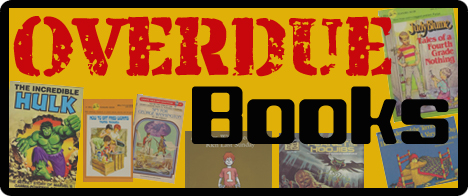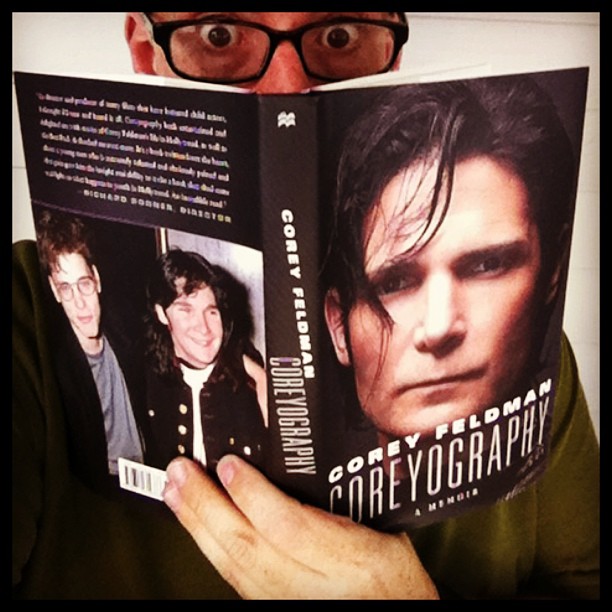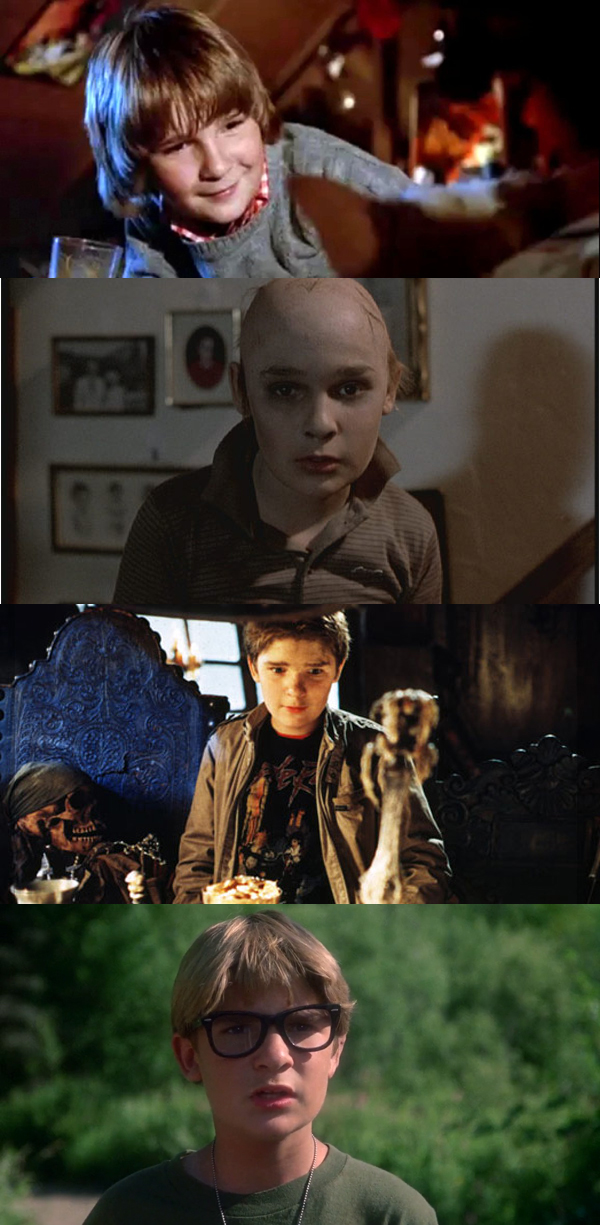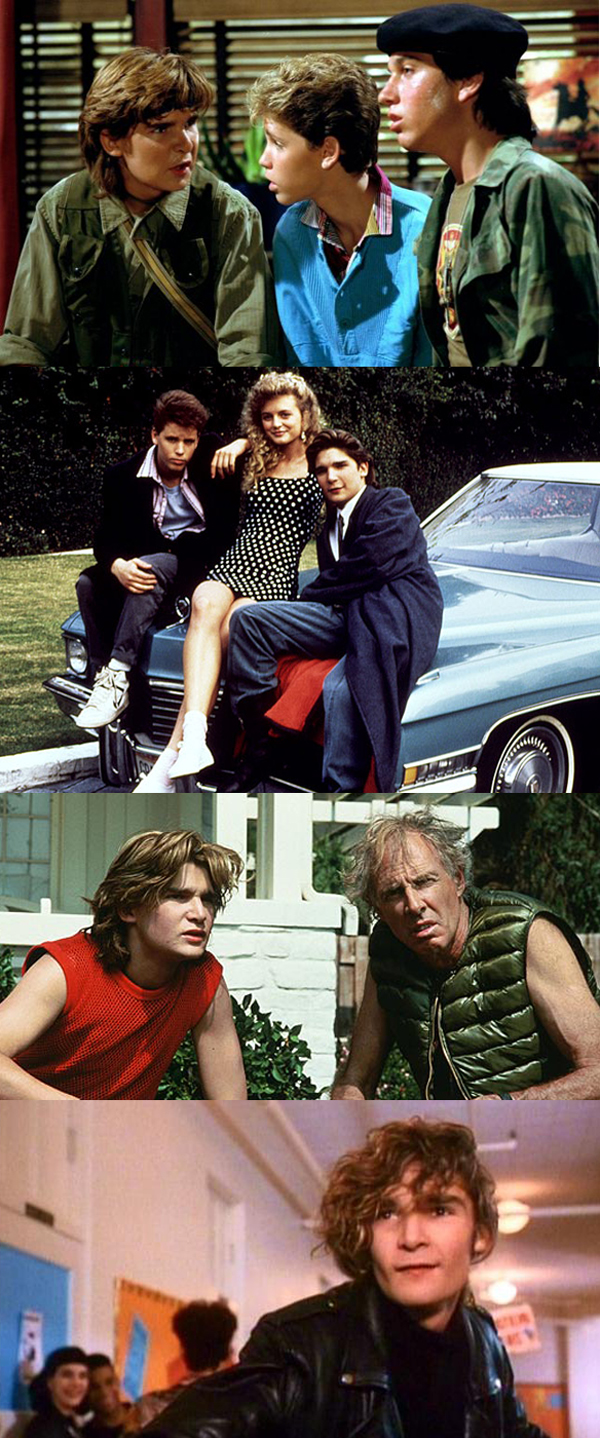Corey Feldman and I both share an interesting trait in common, we both use his filmography as a means of charting the timeline of our lives (well to a point, for, um, both of us.) Seriously, when St. Martin’s press kindly offered a review copy of Feldman’s newly published memoir, Coreyography, I figured why not, I knew I loved a bunch of his movies and was curious to read how he reflected on his life to this point. But in the preface, when he writes, “I’ve always marked the chronology of my life not by the year, but by the film…”, it really struck a chord with me. Looking back I’ve personally done the same thing, using movies to mark the years, but when I consider my childhood and adolescence, Corey Feldman stands out in so many of my favorite films. Gremlins, Goonies, Friday the 13th 4&5, Stand By Me, The Lost Boys, License to Drive, The ‘Burbs, Teenage Mutant Ninja Turtles and yes, even if not especially Rock and Roll High School Forever. These are all films I’ve watched a million times, and all of them very clearly chart my time growing up in the 80s and 90s. I was also an avid fan of the Bad News Bears sitcom when it aired in repeats on Nickelodeon, and watched my fair share of Madame as well.
When I found my copy of the book on my porch this past Thursday I was excited, but also not really sure what I was getting myself into. Sure, I love most of Feldman’s 80s era films, but I’ll be honest I’m not a devotee of his personal life. In fact I’ve sort of purposely tried to ignore the press on him dating all the way back to when my mom would clip out the articles on him and lifelong friend Corey Haim from her copies of People magazine. She thought I’d find them cool, but I really didn’t want to know about his drug busts or legendary hotel-trashing parties. So I was in the dark for the majority of his big sound bites over the past decade or so, whether it be his comments on Michael Jackson, his declaration of war on Hollywood pedophilia, or even his reunion with Haim on The Two Coreys and the bombshells about molestation and rape. Blissfully ignorant. So when I cracked the cover and dug into the preface(filling myself in on all of the personal Corey stuff I managed to miss over the years), I again asked myself, what was I getting into?
First and foremost, the memoir is a very quick read, light and breezy with a conversational tone that belies the fact that Feldman wrote it himself (I mean seriously, so many memoirs are ghost or “co-“ written.) It also skirts dramatic license when considering the prose. I’ve read a handful of memoirs and am consistently bugged by the way the authors chose to fill their recollections with an absurd amount of detail and massive amounts of quoted conversation. As much as I’d love to trust their writing, I spend a lot of time thinking and writing about the past and know that when you get right down to it, very few of us have the ability to remember in exacting details the events of our lives. Feldman doesn’t fall trap to this and stays true to the snippets of memory, which is both refreshing and honest.
Circling back to the “light and breezy”, well, that’s just as much of a positive as it is a negative. When you get to the content, the book reads like a Cliff’s notes edition. He scurries from topic to topic, only barely touching on any one movie or experience for a moment before flitting onto the next. For anyone who is a fan of his movies, don’t hold your breath for much in the way of behind the scenes tidbits. He devotes a decent amount of time to the filming of the Goonies, but honestly, most of that time is spent describing himself lusting after the opportunity to meet his childhood hero Michael Jackson on set. Similarly, for those hoping for a lot of behind the scenes stories with his best friend Corey Haim, well, there honestly isn’t much of that either. When it comes to Haim, Feldman spends a lot of time dancing around the rape Haim suffered on the set of Lucas, and the rest painting a portrait of a friend who seemed to annoy way, way more than ever endear. In fact, Feldman seems to be distancing himself from Haim with this memoir, down playing their friendship.
For those looking for the gritty details of Feldman’s days spent snorting or injecting every drug within reach or details into his sexual escapades either consensual or non, it’s all there, but written in such a flippant tone that it all ends up seeming so very inconsequential. It certainly isn’t a tell-all, as he (probably) wisely chose not to name, accuse or implicate anyone in his own or Corey Haim’s experiences with molestation and rape, though he does spend a lengthy portion of the book addressing the abuse he suffered at the hands of his mother. Speaking of tone, I was also surprised how easily Feldman relates the stories of his life as if he were speaking about them as they happened. He doesn’t really look back and dig into his life, examining and offering up a perspective more wise with distance and age. He tone is in the moment, as defiant as when he was on the set of The ‘Burbs and was approached by Joe Dante and Carrie Fisher about his drug usage, or as childlike and naive when consistently pestering Stephen Spielberg for a meet and greet with Michael Jackson on the set of the Goonies. Again, this is both boon and bane, equally putting the reader in the moment, but also lacking much in the way of depth.
It’s not to say that there’s nothing to the book, or that it wasn’t and interesting and entertaining read, it’s just, well, light. There is enough here fans of his films will sure to gleam a fun detail or two about some of their favorite films, but don’t expect anything groundbreaking. All in all, the book feels like a really good outline for a much longer, more detailed look at Feldman’s life. Who knows, maybe in another ten or fifteen years he’ll use Coreyography as a guide to sit down and write it.




